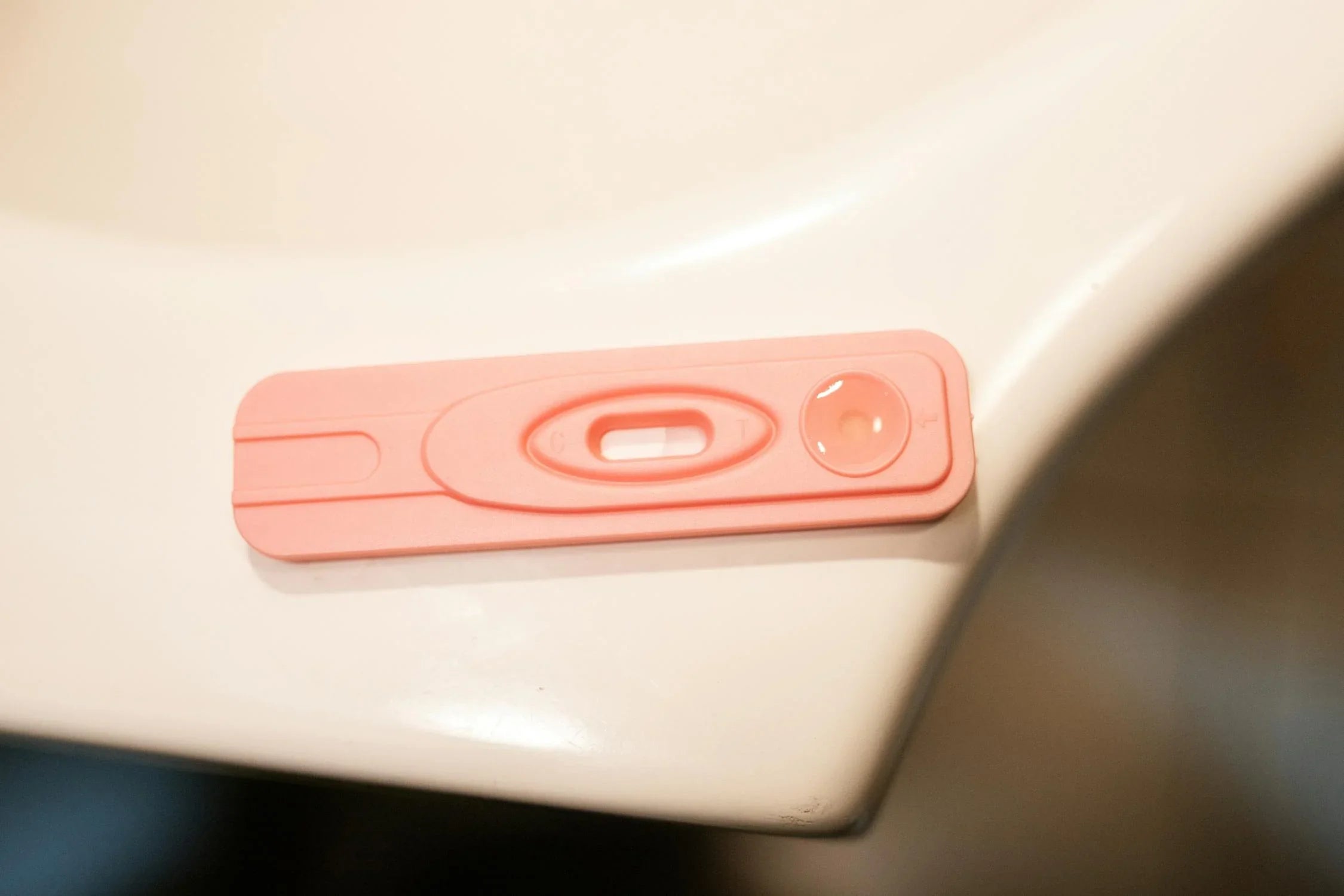Startseite
Pregnancy, Breastfeeding, and Pumping: The Ultimate Guide for Moms
How Many Weeks to Take a Pregnancy Test: A Comprehensive Guide

How Many Weeks to Take a Pregnancy Test: A Comprehensive Guide
Are you wondering how many weeks to take a pregnancy test? The anticipation of finding out whether you're expecting can be both exciting and nerve-wracking. Knowing the right time to take a pregnancy test is crucial for accurate results. This guide will walk you through everything you need to know about timing, accuracy, and what to expect during the process.
Understanding Pregnancy Tests
Pregnancy tests detect the presence of human chorionic gonadotropin (hCG), a hormone produced during pregnancy. The level of hCG increases rapidly in the early stages of pregnancy, making it a reliable marker for detecting pregnancy. However, the timing of the test plays a significant role in its accuracy.
When to Take a Pregnancy Test
The ideal time to take a pregnancy test is after you've missed your period. Most tests are designed to detect hCG levels in your urine about one to two weeks after conception. If you take the test too early, the hCG levels might not be high enough to detect, leading to a false negative result.
Early Testing
Some tests claim to detect pregnancy as early as six days before your missed period. While these early tests can provide quick results, they are not always accurate. The accuracy of early testing depends on various factors, including the sensitivity of the test and the concentration of hCG in your urine.
Testing After a Missed Period
Waiting until after you've missed your period increases the likelihood of accurate results. By this time, hCG levels are typically high enough to be detected by most pregnancy tests. If you receive a negative result but still suspect you might be pregnant, consider retesting after a few days.
Factors Affecting Test Accuracy
Several factors can influence the accuracy of a pregnancy test, including the timing of the test, the sensitivity of the test, and how you use it. Here are some key factors to consider:
Test Sensitivity
Different tests have varying levels of sensitivity to hCG. Some tests can detect lower levels of hCG, making them more accurate in the early stages of pregnancy. Always check the sensitivity of the test you're using to ensure it aligns with your testing timeline.
Urine Concentration
The concentration of hCG in your urine can vary throughout the day. For the most accurate results, it's recommended to take the test first thing in the morning when your urine is most concentrated.
Proper Usage
Following the instructions on the pregnancy test is essential for accurate results. Improper usage, such as not waiting long enough for the results or using an expired test, can lead to inaccurate readings.
What to Do After Taking a Pregnancy Test
Once you've taken a pregnancy test, it's important to understand the next steps based on the results. Here's what you should do:
Positive Result
If you receive a positive result, it's advisable to schedule an appointment with a healthcare provider to confirm the pregnancy. They may conduct a blood test or ultrasound to verify the results and provide guidance on prenatal care.
Negative Result
A negative result doesn't always mean you're not pregnant, especially if you tested early. If you still suspect you might be pregnant, consider retesting after a few days or consulting a healthcare provider for further evaluation.
Unclear Result
Sometimes, pregnancy tests can produce unclear or ambiguous results. If this happens, it's best to retest or seek medical advice to clarify the situation.
Common Questions About Pregnancy Testing
Here are some frequently asked questions about pregnancy tests and their answers:
Can Medications Affect Pregnancy Test Results?
Certain medications, particularly those containing hCG, can affect the results of a pregnancy test. If you're taking any medications, consult your healthcare provider to understand their potential impact on the test.
Can a Pregnancy Test Be Wrong?
While pregnancy tests are generally accurate, they can sometimes produce false positives or false negatives. Factors such as improper usage, expired tests, or medical conditions can contribute to inaccurate results.
How Soon Can I Take a Pregnancy Test After IVF?
If you've undergone in vitro fertilization (IVF), the timing of the pregnancy test may differ. Your healthcare provider will advise you on the appropriate time to take the test based on your specific situation.
Conclusion
Knowing how many weeks to take a pregnancy test is essential for obtaining accurate results. By understanding the factors that influence test accuracy and following the recommended guidelines, you can increase the likelihood of reliable results. Whether you're eagerly anticipating a positive result or seeking clarity, taking the test at the right time is the first step toward understanding your pregnancy status.
Ready to take the next step? Ensure you're well-informed and prepared for the journey ahead. Accurate timing and proper usage of a pregnancy test can make all the difference in your experience. Take the test with confidence and look forward to the next chapter in your life.
Teilen
